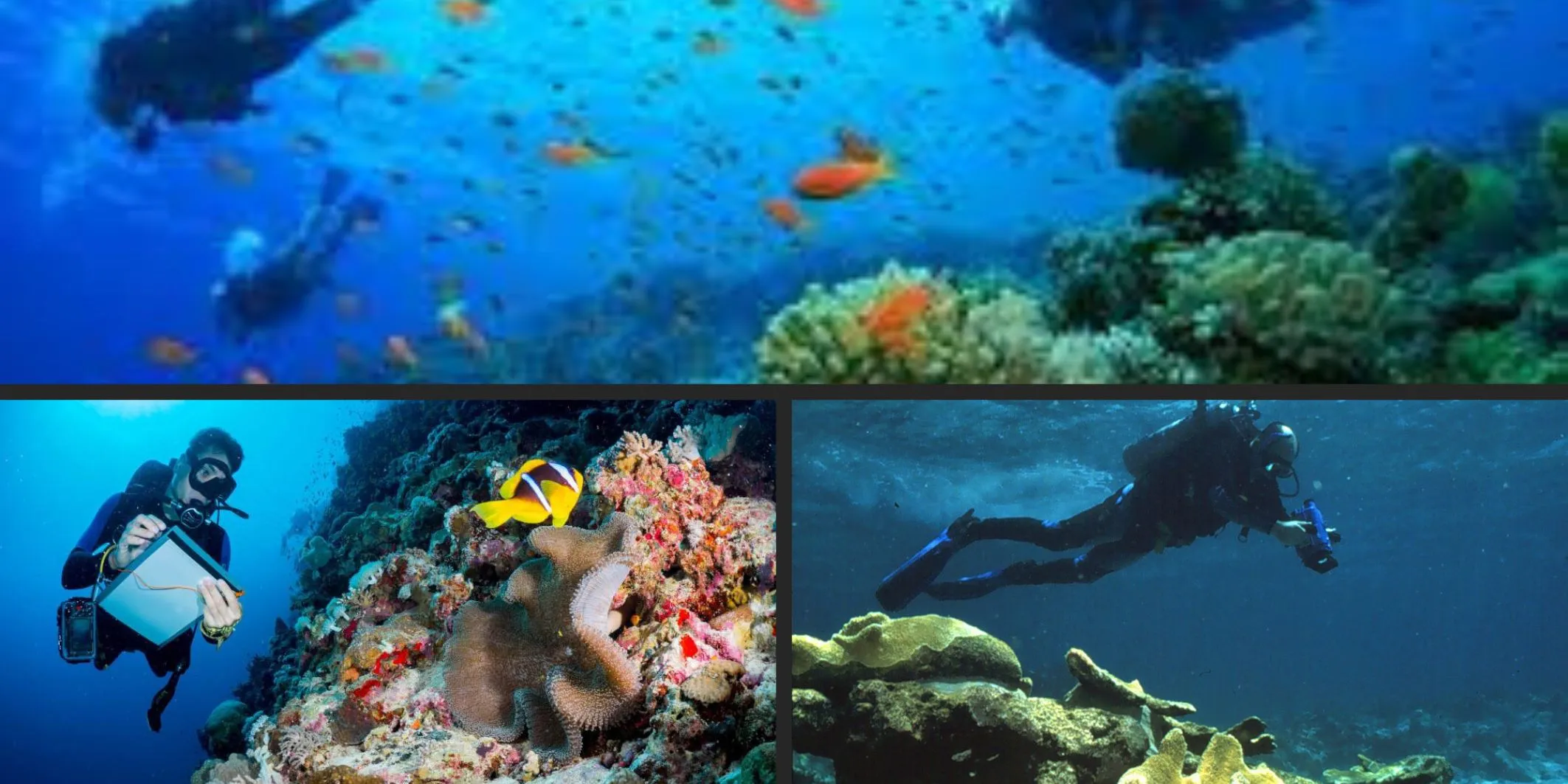Oceanic ecosystems —the vast and complex web of life within our oceans —have long fascinated scientists and captivated the world’s imagination. This insightful analysis explores their significance, their impact on the environment and humanity, their challenges, and the potential to preserve and restore these vital ecosystems.
Significance of Oceanic Ecosystems
They are crucial for several reasons:
- Biodiversity: Oceans host a staggering array of life forms, many of which are yet to be discovered. They contribute significantly to Earth’s overall biodiversity.
- Climate Regulation: Oceans play a critical role in climate regulation, absorbing and storing large amounts of carbon dioxide and influencing weather patterns.
- Economic Value: Oceanic ecosystems sustain fisheries, aquaculture, tourism, and transportation industries, providing livelihoods for millions of people.
- Oxygen Production: Phytoplankton in the oceans produce about half of the world’s oxygen, essential for all life on Earth.
Impact on the Environment and Humanity
Oceanic ecosystems profoundly impact both the environment and humanity:
- Climate Mitigation: Oceans absorb excess heat and CO2, helping to mitigate climate change impacts.
- Food Security: Oceans are a crucial source of protein for over a billion people, making them central to global food security.
- Recreation and Tourism: Coastal areas and marine parks attract tourists, generating economic growth and supporting local communities.
- Health and Medicine: Marine organisms contribute to medical advancements by discovering new compounds for medicines and treatments.
Challenges in Oceanic Ecosystems
Oceanic ecosystems face numerous challenges:
- Overfishing: Overexploitation of fisheries disrupts marine ecosystems and threatens food security for millions.
- Pollution: Plastic waste, oil spills, and chemical runoff harm marine life and disrupt ecosystems.
- Climate Change: Rising sea temperatures, ocean acidification, and extreme weather disrupt marine habitats and biodiversity.
- Habitat Destruction: Destructive fishing practices and coastal development degrade crucial marine habitats.
The Future of Oceanic Ecosystems
The future of oceanic ecosystems holds hope through various measures:
- Sustainable Fisheries: Implementing sustainable fishing practices can help restore fish populations and protect marine habitats.
- Marine Protected Areas: Expanding and effectively managing them can conserve biodiversity and restore damaged ecosystems.
- Climate Action: Addressing climate change through global efforts is crucial to mitigating its impact on oceans.
- Technological Innovation: Harnessing innovative technologies for ocean monitoring and sustainable resource management can make a significant difference.
Conclusion
Oceanic ecosystems are the lifeblood of our planet, influencing climate, biodiversity, economies, and livelihoods. Recognizing their significance and addressing their challenges is essential for a sustainable future. We can protect and restore it through global cooperation, sustainable practices, and technological advancements, ensuring a healthy and thriving marine world for generations. The time to act is to preserve the beauty and vitality of our oceans and secure a better future for all.





